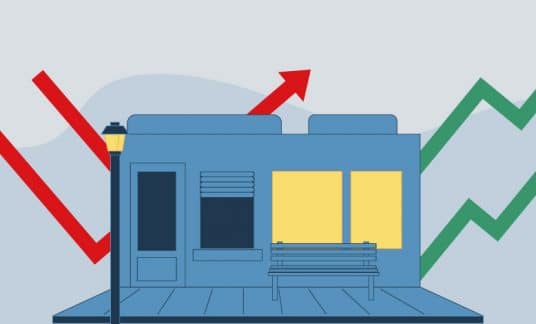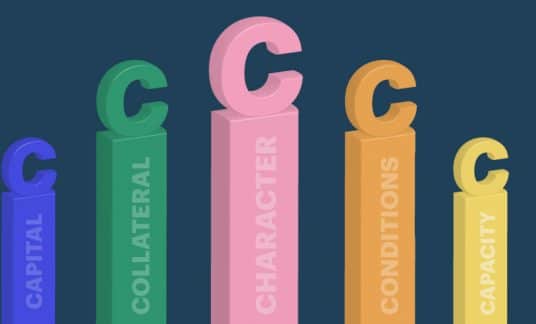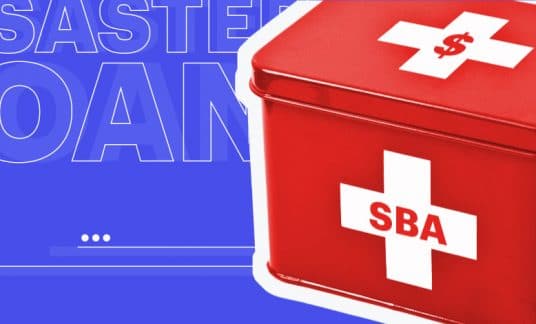If you’ve found yourself unable to obtain business funding or you run a mission-driven organization and don’t need a substantial loan, microlending may be a good option to consider. You might be wondering, how does microlending work? This guide will describe what a microloan is, the pros and cons of microfinancing, how to apply and how to best ensure your approval.
What Is Microlending?
Microlending is a way for nonconventional lenders to provide low-value loans to small businesses and community organizations that need a modest supply of capital to bring a project to life or pay outstanding balances. Typically, these loans are $50,000 or less.
Small business microloans are best suited for entrepreneurs who run community-focused social enterprises or those that can’t secure working capital by other means. They benefit business owners who need only a small sum of money to reach their short- or medium-term needs, such as getting out of a cash crunch or covering short-term expenses.
Additionally, entrepreneurs who lack business credit history, collateral or cash reserves can often be approved for small business microloans. Microloans for startups are also not uncommon.
In addition to financing, many nonprofit microloan program lenders offer a host of low-cost or pro bono services for small business owners, and participation in these services may be required as part of a microloan offer. These services include:
- Mentoring
- Networking socials
- Strategic advising
- Leadership workshops
- Skills development training
- Microloan business plan workshops
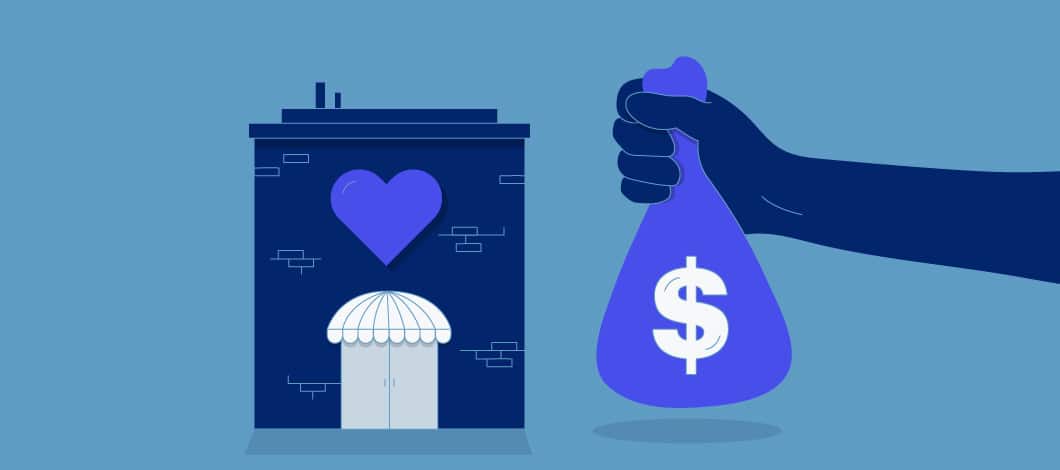
Benefits of Working With a Microlender for Small Business
One of the benefits of working with a microlending company is that these lenders are far more lenient when it comes to approving businesses without a positive credit history. Forget about FICO scores, when it comes to securing a microloan, your business is more likely to be approved based upon its business plan, potential and social standing in the community rather than formal credit metrics. Even so, microloans have high repayment rates, often between 95% and 99%.
In some cases, microlenders evaluate the extent to which the community stands to gain from the loan rather than how much they, as a lender, can benefit financially. With nonprofit microlenders, for instance, “social underwriting” often governs whether the microlender will grant a loan. In these cases, it’s often necessary to cite several professional contacts in the community who can vouch for your business.
Drawbacks of Working with a Microlender
You’ll find that some microlenders charge higher interest rates than you’d find with banks and credit unions.
Another drawback is the amount of time it could take to get the funding you need. Because some microlenders will require you to take courses before you’re approved, this could lengthen the process. Alternately, taking part in a campaign to raise funds for your venture could also take time.
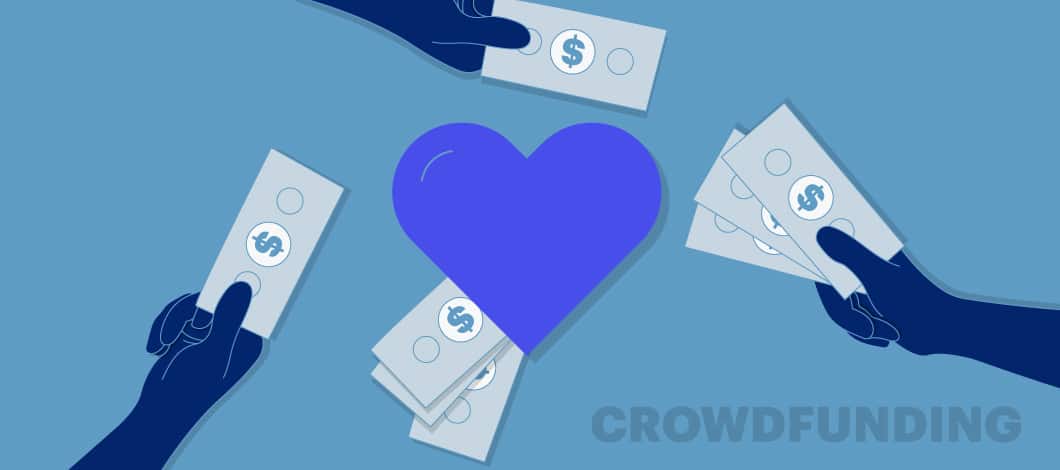
Types of Microlending Options to Consider
Some of the most common avenues business owners pursue to find microloans include crowdfunding companies, Community Development Financial Institutions (CDFIs) and Small Business Administration microlenders.
Crowdfunding Lenders
Through the collective power of crowdfunding, loans for small business owners can be granted at affordable interest rates. In recent years, technology has made it easier to bring business owners closer to their customers. However, the same is true of lenders and loan recipients.
Crowdfunding lenders raise finances online through a pool of interested donors, investors and members of the community who share an interest in supporting businesses. Best of all, crowdfunding sources offer loans that do not require the sale of equity in the business.
CDFI Lenders
With the sponsorship of the U.S. Department of the Treasury, CDFIs stimulate economic growth by supporting small business and public interest initiatives where they’re needed most and by providing affordable lending to low-income, disadvantaged entrepreneurs. CDFIs are certified by the Treasury and can include banks, loan funds, credit unions and venture capital funds.
Those interested in applying for a CDFI microloan should apply directly to their local CDFI lender and not to the Treasury. These microfunding institutions can provide credit to businesses in need as well as financial counseling and other low-cost services.
Find a local CDFI here.
SBA Microlenders
These nonprofit microlenders, of which there are more than 150 throughout the U.S., are able to provide microloans to approved small business owners through funding they receive from the Small Business Administration (SBA).
SBA microloans are designed to help women, minorities, veterans and other small business owners who have difficulty securing capital elsewhere as well as nonprofit childcare centers.
Funds can be used for working capital or supplies, inventory, fixtures or equipment.
Though SBA microloans can be up to $50,000, for the 2021 fiscal year, the average SBA microloan was $16,557.
4 Organizations to Turn to for Microlending
Here are a few standout microlending organizations that have a wide reach to serve many American small businesses.
1. KIVA
KIVA is an international nonprofit microlending platform with the goal of helping underserved communities gain greater access to capital. Since 2005, it has assisted more than 1.7 billion entrepreneurs obtain funding.
To start the process, a borrower applies for a loan on KIVA, either a partner lender loan or direct loan. The loan then goes through an underwriting and approval process. Next, the loan is posted on KIVA for lenders to support through crowdfunding. A minimum of $25 is needed for a lender to take part in the fundraiser, which usually lasts 30 days.
While most borrowers do pay interest on their loans, a few may be able to receive 0% interest loans through direct lenders.
2. Accion Opportunity Fund
Accion is a global nonprofit headquartered in Cambridge, Massachusetts. Founded in 1961, this microlending company provides individuals and small businesses with the financial resources they need to empower themselves or their cause, with microloans available from $5,000-$100,000 and interest rates starting at 5.99%.
A community development initiative and CDFI, Accion is a leader in the microfinance loan industry and is dedicated to maximizing financial returns and social impact.
3. Association for Enterprise Opportunity
The Association for Enterprise Opportunity (AEO) seeks to bridge the credit gap that exists among the many underserved small businesses in the U.S. as well as create economic opportunities for entrepreneurs.
AEO provides financial support, counseling and advocacy for small U.S.-based Main Street businesses. They manage the TILT Forward Network of mission-based lenders that provide microloan assistance to small businesses, including minority-owned businesses.
4. LiftFund
LiftFund is a CDFI and an SBA microlender that operates in 14 U.S. states. It’s been in operation since 1994 and helps borrowers with limited credit, collateral or experience get access to capital that helps build their credit history. The lender’s goal is “self-sufficiency and success for all who seek it.” Additionally, LiftFund states that for every $1 lent to borrowers there is a $14 positive economic impact in their community.
-
SCORE
SCORE is a nationwide nonprofit with local chapters that provide small businesses with financial, educational and strategic resources. Though not a microlending company itself, SCORE is a great resource when you’re in search of small business microfunding. Contact your local branch for assistance finding a microloan lender.
Is a Microloan Right for Your Small Business?
Once considered a lender of last resort, microlending companies and platforms are quickly becoming an attractive alternative to commercial banks and credit unions. If you run a community-focused or mission-based small business or have had trouble obtaining capital due to poor credit or lack of collateral, a microloan could be the answer. They often have affordable interest rates as well as attractive term lengths and flexible conditions.
Business owners who don’t need 6-figure loans should consider nonprofit lending as a viable alternative to standard bank loans. By taking advantage of competitive rates and often progressive social underwriting process, you can take your enterprise to new heights, even with less-than-perfect credit.



